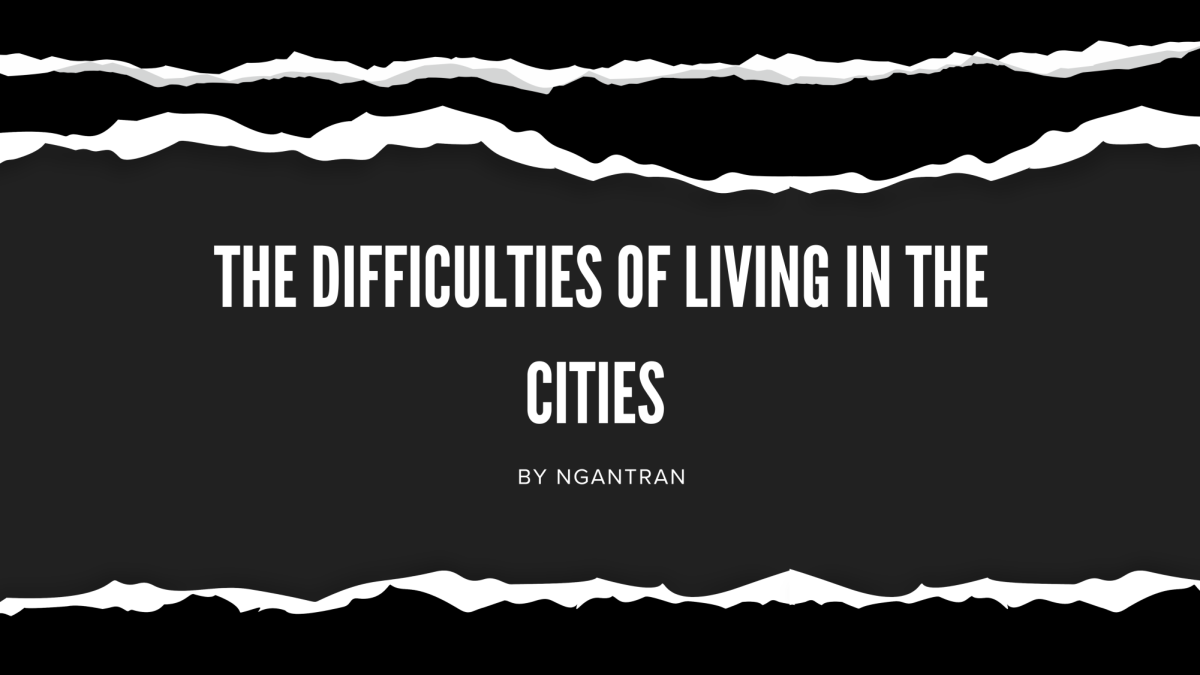
Sleep is something that every human being on Earth necessitates in order to ensure a healthy livelihood. Many individuals fail to realize what the value of sleep has on one’s well-being.
So, what is sleep, essentially? In the simplest manner, sleep can be defined as being in a temporary state of rest in which one’s physical body is inactive and the brain is regenerating. Sleep is similar to a car and gasoline. When someone heads to a gas station, they typically go to get gas for their car. The point of putting gas in the car is to refuel the car and give it the energy it needs for it to run for the remainder of the time it’s being used.
The same thing applies to sleep. When one is sleeping, they are absorbing the energy needed for the next day to put it to use. Sleep is needed for a wide variety of things. For example, to be successful in school, one needs sleep. To perform professionally in a work environment, one needs sleep. Sleep is something that one simply can not lack and is crucial when it comes to living healthily.
On average, a newborn (birth to 3 months) needs around 14 to 17 hours of sleep a day. An infant (4 months to 1 year of age) needs 12-16 hours of sleep. A toddler (1 to 4 years of age) needs around 11-14 hours of sleep. A preschool child (3 to 5 years of age) needs 10-13 hours of sleep. A school-aged child (6 to 12 years of age) needs 9-12 hours of sleep. A teenager (13 to 18 years of age) and an adult (18 years and above) need 8-10 hours of sleep.
Lack of sleep can lead to a series of health problems. Sleep deprivation, insomnia, and impaired memory are only a few of the many health issues it can cause. One of the most common sleep disorders is insomnia. Insomnia is when someone is having difficulty falling asleep or staying asleep. If a person repeatedly goes days and nights without sleep, they can reach a point where they may encounter challenges going to sleep.
It is vital to remember that getting adequate sleep is imperative to avoid health issues and maintain a healthy lifestyle.














